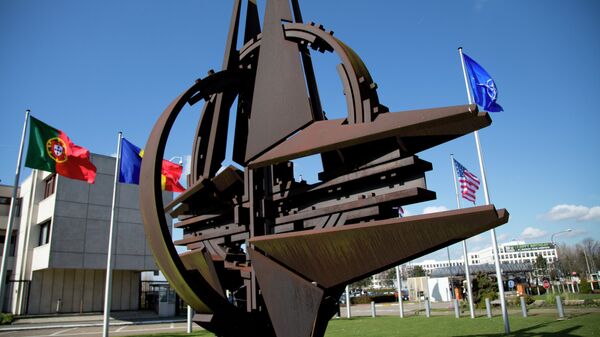Sputnik spoke with Peter Wilkin, Reader in Communications Media, Political and Cultural Studies at Brunel University for more insights into the issue:
Sputnik: What Will Orban's re-election mean for the EU and Hungary?
Peter Wilkin: If you take the EU first, little will change between Orban and the EU, he will remain relatively hostile but it will largely remain the same, as Hungary is a well-established member of the bloc.
With regards to the country itself, the country is largely polarised in terms of voting and this time there has been a big youth vote, but it will be interesting to see who they voted for as it will be an indication of the future of Hungarian politics.
Sputnik: Will the EU further reduce member’s autonomy in the future and implement a joint army?
Peter Wilkin: The EU army idea has been around for a long time but been resisted. I think that this would not break free from NATO and although Orban has frequently criticised the EU, there is no suggestion that Hungary wishes to leave NATO or the EU.
Orban represents a model of the EU that is more akin to what Margaret Thatcher believed, a more sovereign view, that nation states remain independent in as many areas as possible, so the Orban model flies in the face of how the EU is evolving.
The main powers in the EU, such as France and Germany are not keen on providing smaller countries in the bloc; such as Hungary, with more autonomy.
The views expressed in this article are solely those of Peter Wilkin and do not necessarily reflect the official position of Sputnik

